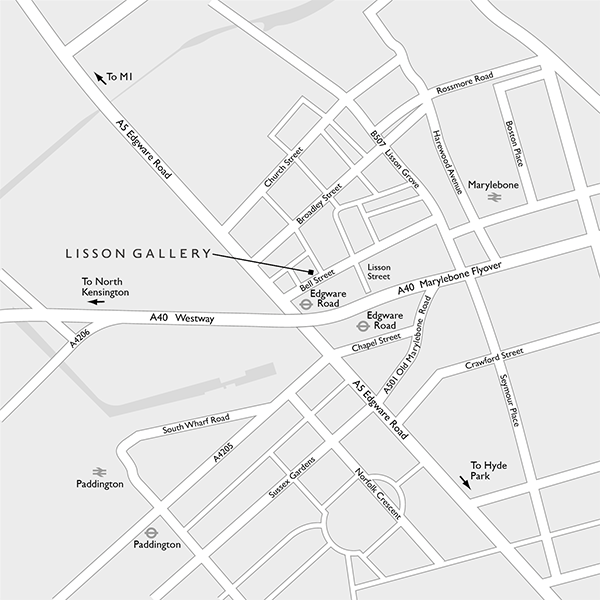One of the most powerful and urgent voices to emerge
from the Middle East in the last decade, Wael Shawky explores systems of belief
and reinterprets faith, myth and history through the lens of the modern media. At
Lisson Gallery, Shawky presents a new work, Dictums:
Manqia I (2014), in which herds of prize black camels are driven across the
desert, perhaps en route to one of the prestigious camel parades or beauty
pageants that are held in the Gulf region, known as mazaynas. These rare, dark breeds of camel are coveted across the Arab
world, with those winning ‘best in show’ often being traded for astronomical sums
and even appearing on their own dedicated television channels. Having
previously worked with the indigenous cultures and traditions of nomadic
Bedouin tribespeople, Shawky similarly charts patterns of physical, economic and
intellectual migration in this video, shot by the artist on location near Abu
Dhabi.
Read moreThe overarching title of his exhibition, Dictums, refers to a live performance originally
produced for the Sharjah Biennial in 2013 in which Shawky assembled 30 workers
of primarily Pakistani origin, to clap and chant through a recital by two
professional musicians or qawwals,
trained in singing traditional Sufi ballads. The words to their song were culled
from a curatorial statement of the biennial and translated into Urdu, creating
a hypnotic, harmonic, if largely indecipherable, rendition of the kind of opaque
artistic language generally associated with contemporary art discourse. As with
all of Shawky’s films, this piece combines astute observation of its subject
matter with a keen sense of institutional critique.
Just as the full title of this sound piece (for the
first time to be accompanied by a new documentary film), Dictums 10:120, recalls the chapters of a holy text, Shawky has
combined the sacred and profane in previous works, such as his early video Cave (2006), in which he walks around a
brightly lit supermarket breezily reciting a surah or chapter of the same name from the Koran.
About the artist
Based on extensive periods of research and enquiry,
Wael Shawky’s work tackles notions of national, religious and artistic identity
through film, performance and storytelling. Whether instructing Bedouin
children to act out the construction of an airport runway in the desert or
organizing a heavy metal concert in a remote Egyptian village, Shawky frames
contemporary culture through the lens of historical tradition and vice versa.
Mixing truth and fiction, childlike wonder and spiritual doctrine, Shawky has
staged epic recreations of the medieval clashes between Muslims and Christians
in his trilogy of puppet animations – titled Cabaret Crusades: The Horror Show Files (2010), The Path to Cairo (2012) and The Secrets of Karbala (2014) – while
his two-part film, Al Araba Al Madfuna
(2013), uses child actors to recount poetic myths, paying homage, rather than mere
lip-service, to the important narratives of yesteryear.







